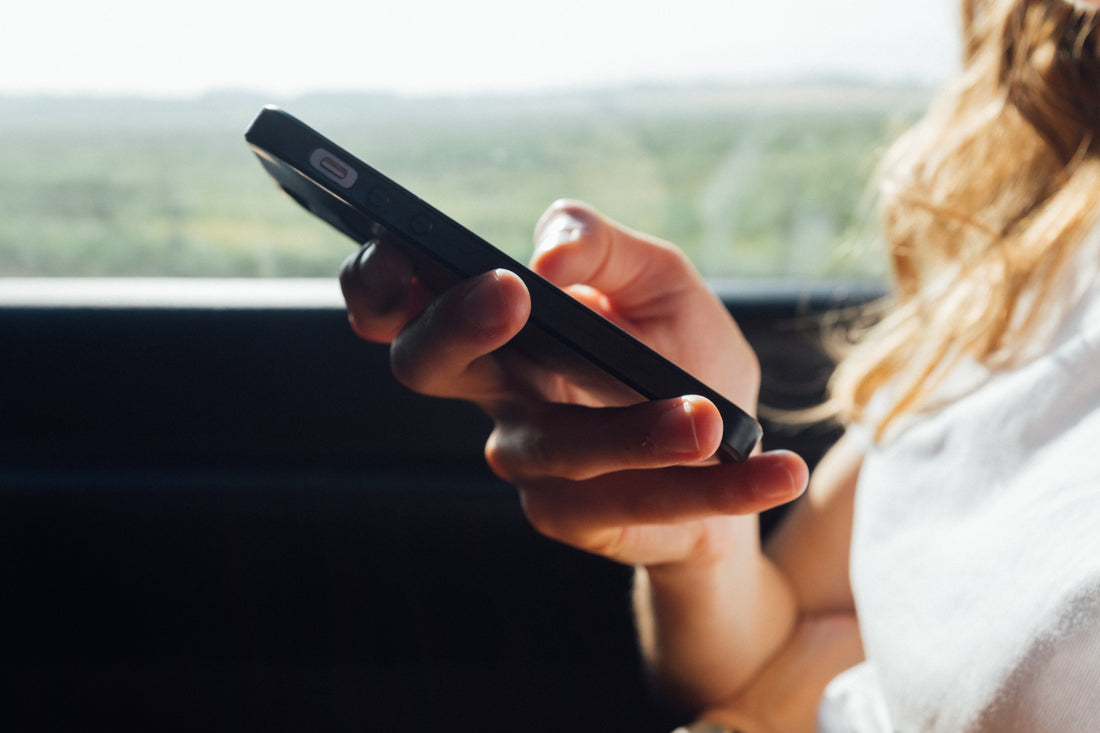
The Downsides of Mobile Check-In vs. Traditional Hotel Key Cards
Introduction
In today's digital age, the convenience and speed of mobile check-in at hotels seem like a game-changer. Many travelers opt for this option to bypass the traditional check-in process and access their rooms using their smartphones. While mobile check-in offers undeniable advantages, such as skipping lines and reducing physical contact, it's essential to consider its disadvantages in comparison to traditional hotel key cards.
1. Limited Accessibility
One of the primary drawbacks of mobile check-in is its dependence on technology. Not everyone possesses a smartphone or the necessary apps to access their hotel rooms. This limitation can exclude a significant portion of travelers, particularly older individuals who may not be tech-savvy or those who simply prefer not to rely on their devices while on vacation. Traditional hotel key cards, on the other hand, are universally accessible and easy to use.
2. Technical Glitches
As with any technology, mobile check-in systems are prone to technical glitches and malfunctions. An unexpected software bug, a low battery, or a lost or stolen phone can leave guests locked out of their rooms. When this happens, guests may face lengthy delays in gaining access to their accommodations, leading to frustration and inconvenience. Traditional hotel key cards, though not entirely glitch-proof, are less prone to such issues and offer a reliable fallback.
3. Privacy and Security Concerns
Mobile check-in raises concerns about the security of personal data. When guests provide their personal information to check in via a mobile app, they may worry about potential data breaches or unauthorized access to their personal details. In contrast, traditional hotel key cards contain minimal personal information and are less vulnerable to data security risks.
4. Reliability on Battery Life
Mobile check-in relies heavily on smartphones, which need to be charged and maintained. If a guest's phone dies or malfunctions during their stay, it can result in inconvenient disruptions and additional stress. Traditional key cards do not depend on batteries or connectivity, ensuring a consistent and hassle-free experience.
5. Dependence on Hotel Wi-Fi
To use mobile check-in, guests often need to connect to the hotel's Wi-Fi network, which may not always be reliable. In cases of slow or unstable Wi-Fi connections, the mobile check-in process can become frustratingly slow and cumbersome, defeating the purpose of a streamlined check-in experience. Traditional key cards are unaffected by such connectivity issues.
6. Lack of Tangibility
While mobile check-in may be a convenient option, it lacks the tangible and tactile satisfaction of receiving a physical key card. Many travelers still appreciate the feeling of holding a key card in their hand and using it to unlock their room. This sensory aspect of traditional key cards is lost in the digital check-in process.
Conclusion
While mobile check-in offers undeniable advantages in terms of convenience and efficiency, it is not without its disadvantages when compared to traditional hotel key cards. Issues such as limited accessibility, technical glitches, privacy concerns, reliance on battery life and hotel Wi-Fi, and the absence of tangible key cards all contribute to the debate over which method is superior. Hotels should strive to strike a balance between modern technology and the reliability of traditional systems to ensure that all guests have a comfortable and secure stay. Ultimately, the choice between mobile check-in and key cards should cater to the diverse needs and preferences of guests in an ever-evolving hospitality landscape.
